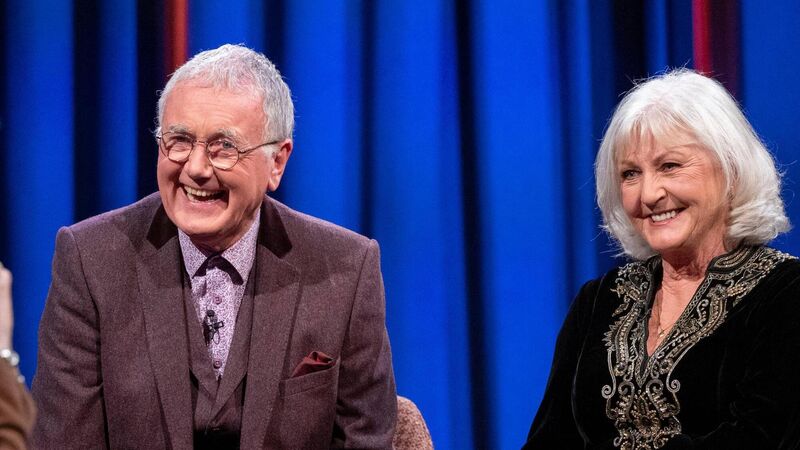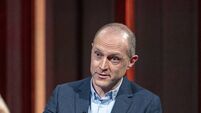Tommy Tiernan Show recap: Bryan Murray and Una Crawford O'Brien on Fair City, acting and Alzheimer's

Brian Murray and Una Crawford O'Brien: 'I can see the two of us going [on Fair City] for as long as they will have us — actors don't retire
Fair City star Bryan Murray opened up about his diagnosis of Alzheimer's disease in August last year and he and his real-life partner and on-screen wife Una Crawford O’Brien joined the Tommy Tiernan Show on Saturday night to provide an update on his health, his acting career and how their lives have changed.
Murray plays Bob Charles in the popular soap and he says RTÉ has been “incredibly supportive”, proving assistance to him on set as he finds it difficult now to retain lines from a script.







